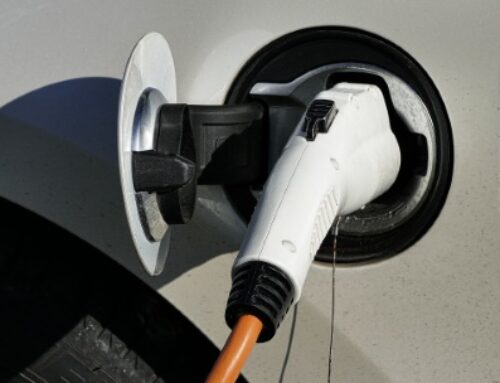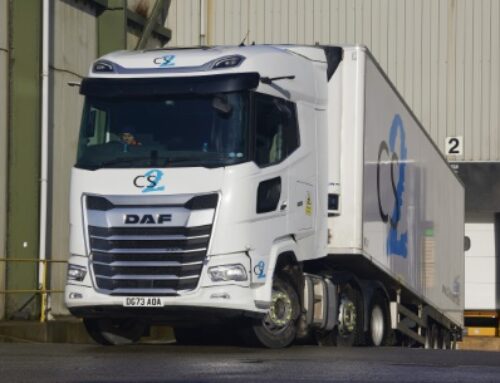Smart trailer advice issued at engineers’ conference
Modern ‘smart’ trailers provide their operators with a wealth of data about their use and condition, Don-Bur’s technical support specialist Richard Owens told the Logistics UK Fleet Engineer conference in Warwickshire – but, he warned, “Knowing something and doing something about it are two different things.”
“Smart trailers don’t improve safety or compliance on their own, they give us an opportunity to do something about it.
“For instance, many drivers don’t understand what a red warning light on a trailer is trying to tell them.
“Modern trailers know more than you think they do, but most operators don’t interpret the data that they yield, they just use it as an odometer. They are missing out: telematics data is gold for your operation if it is used properly.”
The in-house telematics products offered by the trailer axle manufacturers all had different capabilities, but in general they could yield more information than generic third-party systems. This trend was likely to continue: GSR2 regulation to prevent hacking meant that only vehicle manufacturers had direct access to ECUs, and dealers could only upload approved updates.
Looking at future developments, Richard Owens said that the much-discussed VECTO fuel consumption standards would only apply in Europe, and were limited to trailers of 4-metre height.
“It’s Europe only, but the UK may adopt a similar approach,” he suggested.
Aerodynamic ‘boat-tails’ fitted to trailer backs could generate good fuel savings, but they were also very prone to damage.
VECTO would incentivise the introduction of so-called e-axles on trailers. These could either generate power to drive equipment and/or top up the traction battery on electric tractor units, or serve as auxiliary drive axles returning harvested energy to the road when required.
There were significant differences between the various e-axle systems that were now appearing on the market. Some would only work above a predetermined road speed, and others didn’t work under braking. There was considerable variation in the weight penalty: from 180 to 300 kg.
Currently available systems served to harvest energy, but propulsion axles were also on trial in Europe. For legislative reasons they were dubbed ‘traction support’ and would intervene in much the same way that electric motors did on pedal e-bikes. Fuel savings of 20 per cent were claimed for Jost’s e-axle, and 16 per cent for the ZF/Wabco system. The propulsion axles were significantly heavier than their generator-only counterparts: weight penalties of 325 – 1,500 kgs were suggested.
Richard Owens then discussed a topic he is particularly passionate about: the importance of the ISO7638/EBS line connecting tractor and trailer.
“This powers the trailer’s roll-sensing, ABS and load-sensing systems. It determines braking response times and suspension control.
“It ensures the trailer’s suspension adjusts to the correct ride height, which is critical for maintaining proper trailer clearance, particularly on double-deck trailers.”
But this vital component was often misused, ignored, or neglected. “The plugs seem prone to damage or miscoupling,” he said.
One major fleet had suffered over 36 incidents a week where a missing or inconsistent EBS coupling was subsequently found.
Bridge strikes could occur as electronic suspension control was required to maintain the correct ride height, there was an increased risk of rollovers or jack-knives, braking performance was reduced both in terms of braking distance and vehicle control, and there was more risk of traction loss in wet conditions.
Finally, a miscoupled or faulty ISO7638 risked the vehicle getting a PG9 notice, and a possible endorsement on the driver’s licence.
“It is a legal requirement, and it is enforced by the DVSA,” he warned.













